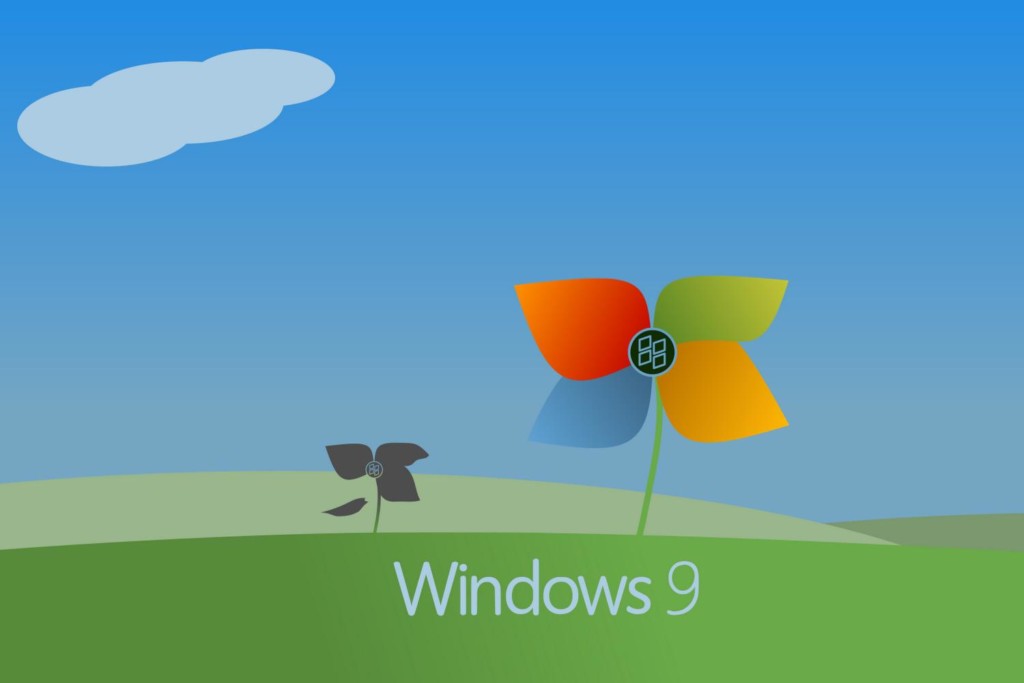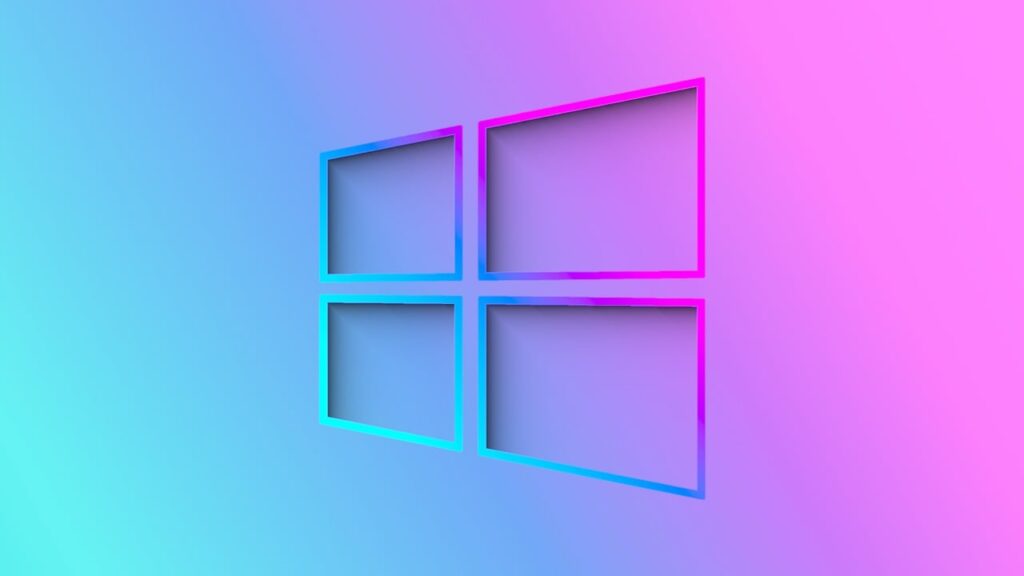I use Office 365. My wife uses the traditional Microsoft Office suite.
“How are those things different?”, you might wonder.
Well, I’m glad you asked. They’re not really. They are simply two different ways to pay for the exact same software.
[inlinetweet prefix=”” tweeter=”” suffix=””]Repeat after me: Office 365 is NOT a cloud-based service.[/inlinetweet] Office 365 is NOT a cloud-based service. Office 365 is NOT a cloud-based service.Apparently, this is a very difficult concept. I get comments from readers all the time about how they will never sign up for Office 365 because they want to be productive without connecting to the Internet, or they don’t trust their data in the cloud. As if that isn’t bad enough, even tech writers–people who do this for a living and should know better–continue to perpetuate the confusing myth that Office 365 is somehow a cloud-based version of Office. It’s not.
That myth is now spreading to include rumors about a possible Windows 365, and confusing Windows 365 with Windows-as-a-Service. I wrote about the differences between the two concepts in this blog post:
With Windows 9 already on the immediate horizon, there’s increasing speculation that Microsoft may change up the licensing and business model for the flagship OS. Some suggest that Microsoft will just give the OS away, while others think that Microsoft will either offer Windows as a cloud-based service or in a subscription model á la Office 365.
All of those are possibilities. What concerns me is that there’s still so much confusion about Office 365, and that confusion will bleed over into a possible “Windows 365” scenario, creating chaos for users trying to decide what is best for them.
Case in point: I read an article this week that was very confusing and misleading, because the headline made it clear it was related to Windows-as-a-Service — however, in the very first paragraph, the author stated that Windows might soon follow in the footsteps of Office 365. It then went on to claim that those rumors might be true because Microsoft listed a job posting that alluded to “Windows-as-a-Service.”
Make it stop!
Click here to read the complete article at TechRepublic: There’s a difference between Windows 365 and Windows-as-a-Service.
- EC-Council Launches New AI Certifications To Close The Skills Gap - February 10, 2026
- Building Trust into the Cybersecurity Gig Economy - February 5, 2026
- Why Identity Is the Key to AI-Driven Defense - January 30, 2026




The reason I would not use a subscription based OS or Office program is I would not want to have to continue to pay to be able to use it. I would rather buy a piece of software and use it as long as I wanted. If I decide to upgrade in a year or 2 or 5 that is my choice not dependant on whether I pay per month or year. I also don’t like subscription games that you have to buy the game for $X and then pay per month to play it. I believe if you buy it once it is yours and shouldn’t have to continue to pay to use it.